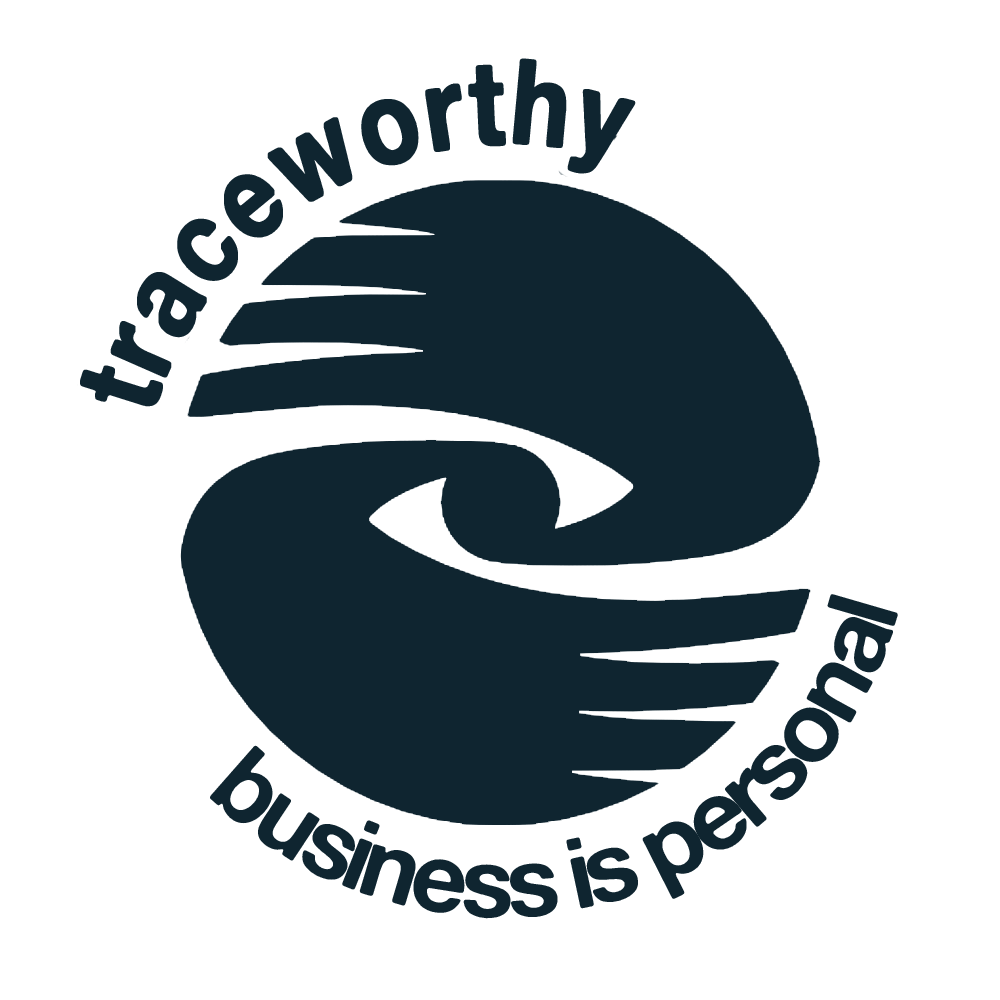The Pitfalls of Reactive Governance in Business
In the world of corporate governance, reactive approaches are surprisingly common. Many businesses reach out for consulting help only after issues have escalated, finding themselves in crisis mode rather than focusing on preventive governance. This “too little, too late” approach to governance is high-risk and can lead to disruptive, costly, and even damaging outcomes. Proactive governance in business provides a forward-thinking solution, creating a structured framework that helps prevent crises, ensures stability, and aligns the business with its its growth objectives and its long-term goals.
This article explores the pitfalls of reactive governance, the benefits of a proactive governance model, and how companies can take the first steps toward this approach.
The Trap of Reactive Governance: A Pattern of Delayed Action
Reactive governance in business often manifests when companies seek help only after issues arise, such as compliance gaps, legal disputes, or financial discrepancies. Here are a few common examples:
- Compliance crises: Companies may ignore compliance requirements until a regulatory threat arises, leading to costly penalties and operational disruption.
- Contractual disputes: Companies that neglect regular contract reviews can find themselves in unexpected legal disputes over outdated terms, with significant time and resources spent on resolution.
These scenarios illustrate how delayed governance actions disrupt business operations, compromise reputation, and come at a steep financial cost. A proactive governance approach, by contrast, can help businesses avoid these pitfalls.
The Cost of Waiting: Real Consequences of Reactive Governance in Business
Adopting reactive governance measures can have serious, far-reaching consequences for companies. Here are the primary impacts of delaying governance actions:
Financial Implications
Addressing issues after they become crises incurs significantly higher costs than proactive governance would have. The expenses associated with compliance fines, legal fees, and recovery actions eat into profits and undermine financial stability.
Reputational Damage
The “too little, too late” approach erodes trust among clients, employees, and investors. Companies known for last-minute, reactive governance measures can suffer lasting reputational damage, making it challenging to rebuild stakeholder confidence.
Operational Inefficiencies
Crisis management disrupts normal workflows, reducing productivity and employee morale. Resources required to handle immediate crises often divert attention from strategic priorities, impacting overall operational efficiency.
Why Companies Overlook Proactive Governance
Despite the benefits of proactive governance in business, many companies hesitate to adopt it. Common reasons include:
- Cost-saving mindset: Companies aiming for short-term savings may view proactive governance as an unnecessary expense, missing its long-term value.
- Underestimating risk: When risks aren’t immediately visible, companies often downplay potential threats until they demand attention.
- Awareness gaps: Some organisations lack understanding of proactive governance’s benefits, seeing governance purely as a regulatory requirement rather than a strategic asset.
Organisational culture and priorities also influence the adoption of proactive governance. Companies focused on immediate results often struggle to prioritise preventive measures, risking exposure to preventable crises.
Case Studies: When ‘Too Little, Too Late’ Became Too Costly
Real-life examples show how reactive governance in business can lead to severe consequences. Here are a few anonymized case studies:
- Compliance Crisis: A mid-sized company delayed compliance checks, assuming audits were unlikely. When regulators reviewed their practices, significant compliance gaps were uncovered, resulting in hefty fines and a lengthy remediation process. Regular compliance reviews could have prevented these penalties and reputational damage.
- Contract Dispute: A company faced a legal dispute due to outdated contract terms with a long-term partner. Without regular contract reviews, the company entered a costly legal battle, diverting time and resources from its core operations. Proactive contract management would have clarified terms and mitigated the risk of legal conflict.
In both cases, proactive governance measures could have saved the companies from financial loss, reputational harm, and operational disruption.
The Role of Consultants: Strategic Partners in Proactive Governance
Consultants are frequently called upon to address urgent issues, but their role goes beyond crisis management. By working with consultants as strategic partners, companies can develop proactive governance frameworks that support stability and resilience. Consultants offer value by:
- Developing foresight: Experienced consultants help identify potential risks early on, implementing measures to prevent crises before they occur.
- Promoting accountability: Consultants can foster a culture of accountability, aligning company practices with a strong governance framework.
- Guiding compliance: Consultants stay informed on regulatory changes, ensuring companies remain compliant and avoid last-minute regulatory responses.
Engaging consultants early allows businesses to avoid escalated issues, making proactive governance a foundation of success.
Proactive Governance: A Framework for Success
Building a proactive governance model equips companies to manage risk, enhance resilience, and achieve operational stability. Here are key components of this approach:
Risk Assessment
Regular risk assessments identify potential challenges before they escalate, allowing companies to address them proactively. Involving stakeholders across departments ensures comprehensive risk coverage.
Compliance Management
Staying updated with regulatory requirements ensures that companies remain compliant, minimizing the risk of fines and damage to reputation. Regular compliance reviews are critical for meeting current regulatory standards.
Transparent Reporting
Clear communication channels for reporting issues create a culture of transparency. Regular updates to shareholders, employees, and clients on governance efforts enhance trust and support accountability.
Crisis Preparedness
Developing action plans for potential crises allows companies to respond effectively when issues arise. Crisis preparedness includes designating response teams, establishing roles, and conducting drills to ensure readiness.
Long-Term Benefits of Proactive Governance in Business
Proactive governance provides a range of benefits, positioning companies for sustainable success and growth:
Enhanced Resilience
Proactive governance in business allows companies to anticipate challenges and respond effectively, minimizing disruption and reducing recovery times.
Improved Brand Reputation
Businesses with a reputation for stable governance earn stronger stakeholder trust. Proactive governance shows a commitment to ethical practices, enhancing client, employee, and investor confidence.
Operational Efficiency
Preventive measures help companies maintain productivity and avoid the inefficiencies of reactive crisis management. Employees also benefit from knowing the company is well-prepared, improving morale and job satisfaction.
Alignment with Long-Term Goals
Proactive governance aligns a company’s governance structures with its long-term objectives, creating a stable foundation for sustainable growth. This approach equips companies to achieve their strategic goals and support resilience.
Conclusion: Building a Culture of Proactive Governance in Business
The most successful companies view proactive governance as an essential component of business culture. Reactive governance leads to costly, disruptive, and damaging outcomes that limit growth potential. Instead, proactive governance should be a continuous, strategic investment. By adopting this approach, companies can protect themselves from preventable crises, enhance resilience, and build a foundation for sustainable growth.
TraceWorthy supports companies in building proactive governance frameworks that align with their long-term vision.
Connect with us today to discover how our expert team can help your business prevent crises, minimise risks, and ensure stability in a rapidly changing environment.

